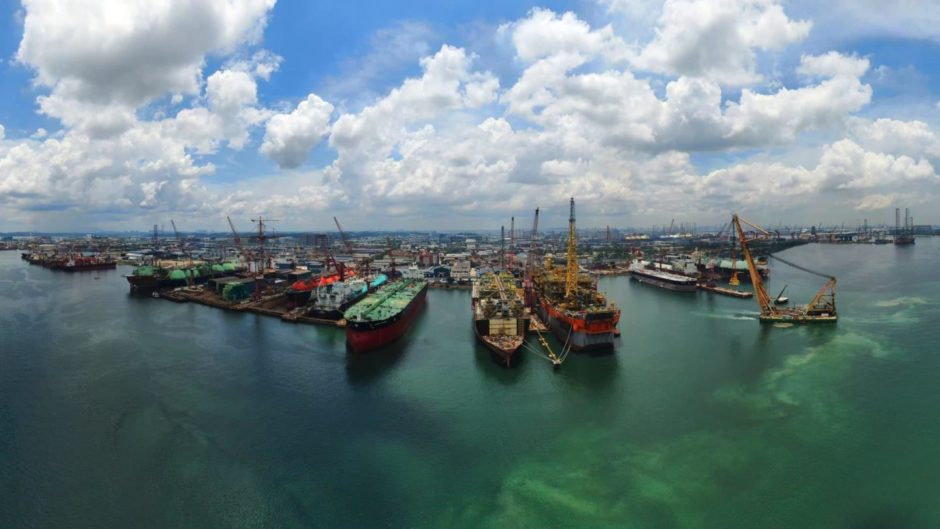
Two workers died this week in an accident at a shipyard run by Singapore’s Keppel Corporation (SGX:BN4). The Bangladeshi men, aged 30 and 42, were reported to have fallen from a vessel in dry dock at a Tuas shipyard and were pronounced dead at the scene by paramedics.
They were among three men working on scaffolding on the vessel when the structure collapsed, Singapore’s Ministry of Manpower said.
The third worker, a 25-year-old Bangladeshi, managed to cling on to the structure and was rescued by the shipyard’s emergency response team, the ministry said.
The 42-year-old victim is reported to have been employed by Keppel Shipyard, while the other two men worked for a company called Veekee Engineering.
The ministry is investigating the incident and has instructed Keppel Shipyard to stop all work involving structures on the vessel.
“Keppel Shipyard values the life of every worker, and we are working closely with the authorities to conduct thorough investigations and reviews. As investigations are ongoing, we are unable to provide further details,” said Keppel Shipyard.
In 2020, Mandeep Kumar, 36, was killed by a falling rudder at Keppel’s drydocks. According to the coroner’s report, released March 2021, Kumar hung on to part of the ship about seven meters above the ground. The rudder swung and struck him, cutting off his right arm and sending him falling onto the surface below. He went into cardiac arrest and died at the scene. Investigators determined that the rudder assembly weighed 59 tonnes and had been suspended by a shackle rated for just 35 tonnes. The shackle failed when overloaded, sending the rudder swinging. The foreman allegedly failed to account for the entirety of the load and believed that it only weighed 32 tonnes.
Singapore State Coroner Marvin Bay categorised the fatality as an “industrial misadventure” and an example of the need to manage risk. He called for employers like Keppel to carry out “appropriate risk assessments and [verify] the safety and fitness for use of all equipment,” and to avoid circumstances where employees would be “vulnerable to injury in the event of any machinery or component failure.”
Additionally, Keppel told The Straits Times that Kumar should have been working from scaffolding or a manbasket, and should not have been standing on the rudder.
On its website, Keppel Shipyard says it is the global industry’s trusted partner for the repair, conversion and upgrading of a diverse range of vessels.
“We are the leaders in the conversion of Floating Production Storage Offloading (FPSO) units, Floating Storage Offloading (FSO) vessels and Floating Storage and Regasification Units (FSRU). With good project management, quality service and a strong commitment to HSE, we deliver projects promptly and safely,” according to the website.